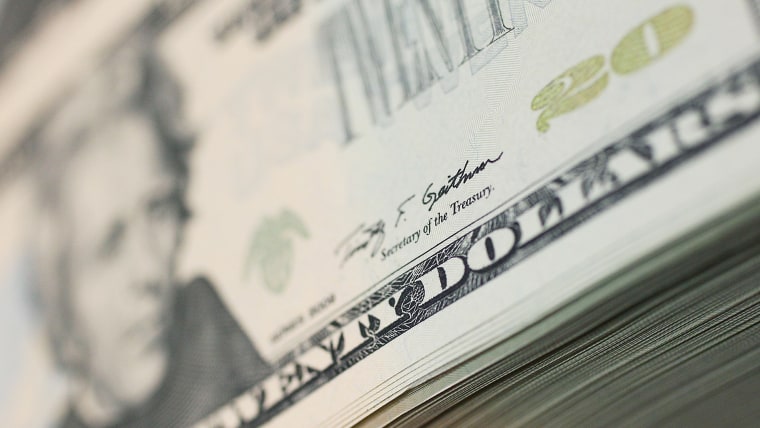A couple of months ago, Larry Kudlow, the director of the Trump White House's National Economic Council, boasted that the U.S. budget deficit "is coming down, and it's coming down rapidly." This was, of course, spectacularly wrong. Though the deficit shrunk during Barack Obama's presidency, it's grown considerably larger since Donald Trump took office.
Asked soon after how he managed to get reality backwards, Kudlow conceded that the deficit isn't really coming down now, but he believes it will start shrinking in the near future as Republican economic policies continue to kick in.
Maybe he ought to take a fresh look at this. The Wall Street Journal reported yesterday:
The Trump administration expects annual budget deficits to rise nearly $100 billion more than previously forecast in each of the next three years, pushing the federal deficit above $1 trillion starting next year. [...]The White House budget office now estimates that the deficit will rise to nearly $1.1 trillion in the fiscal year that begins this October, or 5.1% of gross domestic product, up from $984 billion projected in February's budget proposal.
According to the White House budget blueprint from February, the Trump administration expected to add $7.1 trillion in cumulative deficits to the national debt over the next 10 years. This new revision has increased that total to $8 trillion.
These latest figures tell us a few important things. First, Larry Kudlow's track record for accuracy on issues like these really is embarrassing. Second, Donald Trump's campaign commitments about balancing the budget should probably be near the top of the list of his broken promises.
Third, every Republican who said the GOP tax breaks for the wealthy would pay for themselves ought to face some renewed questioning about how very wrong they were.
I should emphasize that I'm not a deficit hawk, and I firmly believe that larger deficits, under some circumstances, are absolutely worthwhile and necessary.
These are not, however, the proper circumstances. When the economy is in trouble, it makes sense for the United States to borrow more, invest more, cushion the blow, and help strengthen the economy.
The Trump White House and the Republican-led Congress, however, decided to approve massive tax breaks for the wealthy and big corporations when the economy was already healthy -- not because they were addressing a policy need, but because they were fulfilling an ideological goal.
